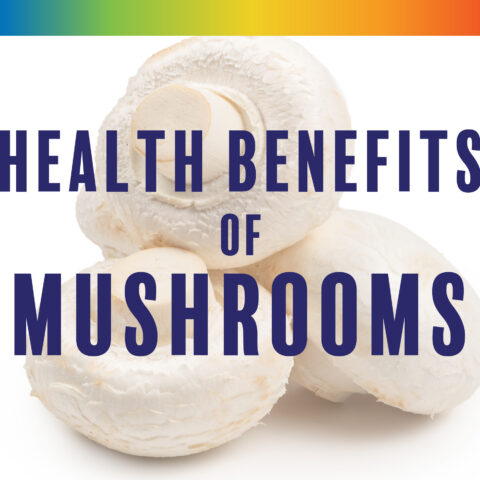Why It’s Important to Eat a Low-Glycemic Load Diet

It has become accepted in the nutrition and medical worlds that one of the most important things we can do for our health is to maintain healthy blood sugar and insulin levels. When these two things are frequently out of balance, they can lead to a variety of health conditions including diabetes, metabolic syndrome, and heart disease. Let’s explore why a low glycemic load diet is so important.
In particular, diabetics are either unable to produce insulin or have developed a resistance to the insulin their bodies produce. The result in both cases is that they are unable to effectively manage high blood sugar levels.
To help diabetics manage their blood sugar, the glycemic index (GI) was developed. Every food item is given a score from 0 to 100 which indicates how much that food raises blood sugar levels. Pure glucose (sugar) is the standard by which other foods are measured, with a score of 100. A lower score means that the food has less impact on blood sugar. The only other food with a score of 100 is white bread.
The glycemic index is an invaluable tool for diabetics and people with metabolic diseases to control blood sugar levels. However, there is one issue with the Index. To determine the scores, at least 10 people were fed enough of each food to provide 50 grams of carbohydrates, and then their blood sugar was measured over two hours. With foods like bread, ingesting 50 grams of carbohydrates was easy to do. However, with many other foods, such as watermelon, eating enough to get 50 grams of carbohydrates is difficult. That’s about a pound and a half of watermelon.
As a result, many foods, such as fruit, have a high glycemic index value despite the fact that a regular serving has only a small impact on blood sugar levels.
To address this problem, a glycemic load (GL) scale was created. This score indicates the effects of a normal serving on blood sugar. As expected, fruits, which have a high glycemic index score have a much lower glycemic load.
Using the glycemic load has another benefit. The glycemic index only measures specific foods, while the glycemic load scale can used to determine the net value of an entire meal. This is important because while a single food may have a high glycemic index, as a small part of a full meal the overall glycemic load is still low.
One thing that is universal is that many highly processed foods have both a high glycemic index and a high glycemic load value due to their added sugar content and refined grains. Meals that contain white bread or refined wheat can quite literally have the same impact as pouring sugar on the meal.
The Paleo Diet is a low glycemic load diet. This means that it does not contribute to insulin resistance, inflammation, or metabolic syndrome.
The Paleo Diet Team
The Paleo Diet® team consists of a group of scientists, journalists, experts, and recipe creators who stay at the forefront of nutrition science.
More About The Author




